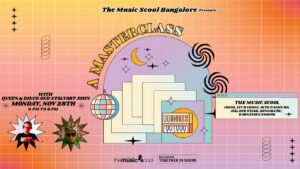
Artificial Intelligence (AI) in DJing
Transforming
Track Discovery, Mix Production, and Self-Promotion

A genre of Electronic Dance Music (EDM) characterised by the classic four-on-the-floor kick drum and a snare on every 2nd & 4th beat, House Music is an influential genre of dance music that has become a global phenomenon. It has kept people grooving for decades, spawned subcultures, influenced technology, united people, and ushered in a new era of music.
Having evolved into several genres and sub-genres of electronic music since its roots in disco, the House music effect continues to inspire new generations of fans, music, technology, and innovation to this day.
So let’s take a look at how this magical sound came to be and how it became the soundtrack to a mainstream dance music culture around the world.

Let’s kick things off with a movie…
12 December 1977 was the release date of the movie ‘Saturday Night Fever’. This Movie was one of the most important factors for Disco to become a global phenomenon, Major record labels rushed the market in an attempt to profit off disco’s widespread success.
Top 40 radio stations and the charts were dominated by disco hits.
However, disco’s mainstream popularity drew backlash from the haters, and the term “DISCO SUCKS” had become a significant movement, and this led to the most important day of house music.
As a result of anti-disco movements around the country, disco fell out of fashion overnight in 1979. To start this iconic movement, the man is Steve Dahl, a belligerent disc jockey who was fired from a Chicago radio station after it turned to disco. Dahl vented his dissatisfaction with his new position at a rock station over the air. He also organised “Death to Disco” rallies, in which he would burn disco recordings, And the most important rallies organised the “Disco Demolition”, At Chicago’s Comiskey Park
A big crowd of about 59,000 individuals attended the event. After the first game, Dahl drove onto the field in a Jeep dressed in a military uniform, leading the audience in a chorus of “disco sucks!”. A massive collection of records set with dynamite stood in the middle of the field. The box of records was subsequently exploded by Dahl. The explosion flung records into the air and created a hole in the center field. Thousands of fans rushed the pitch, setting fire to records and vandalizing the stadium, causing chaos.
The riots and a ruined field forced the White Sox to forfeit the second game. After “Disco Demolition Night,” disco’s popularity sank dramatically. The event also sparked a countrywide anti-disco feeling.
Many people still think the anti-disco movement was motivated by racism and homophobia. As a result, record sales plummeted, and the number of disco songs on Billboard’s Top 100 dropped from six to zero in less than eight weeks. Record labels in the United States had to look elsewhere and DJs were forced to explore new mixing approaches to create dance music.

A club that was breaking new ground DJs in the late 1970s experimented with new means of editing, mixing, and remixing recordings. They also tried out other strategies to get around the constraints of the DJ equipment. Many DJs lacked basic equipment such as a DJ mixer, headphones, or variable-speed turntables. DJs began to combine the jobs of DJ, producer, composer, and remixer around this period.
Frankie Knuckles dubbed the “Godfather of House”, would, for example, utilize a reel-to-reel tape machine to remix (re-edit) tracks. He’d add percussion breaks, alter portions, change the tempo, and lengthen song breakdowns or energetic moments. He remixed disco classics, funk, soul, electro-pop, and other genres to create dance-friendly mixes.
With the advent of technology, the sound of “house music” evolved as well. Synthesizers, samplers, effects processors, and drum machines were used by DJs to take house music to the next level, introducing the 4/4 beat. These early pioneers used looping basslines, adding percussion layers, blending in effects, adding vocals, and other remixing techniques. This new and innovative electronic sound immediately captured the hearts of club goers and house music was born.

House music is still one of the most played and experimented genres worldwide. New sounds and remixes hit the clubs on a regular basis, creating new fans and new minds to take the genre further.

Transforming
Track Discovery, Mix Production, and Self-Promotion

Masterclass with Queen & Disco, Stalvart November 28 @ 4:00 PM – 6:00 PM Venue: Register Now

Our top 3 MIDI controller recommendations for VJs
Ready to Get Started?
Leave us your details and we’ll get in touch soon.
UPCOMING EVENTS AND SPECIAL OFFERS
GET Monthly NEWSLETTERS